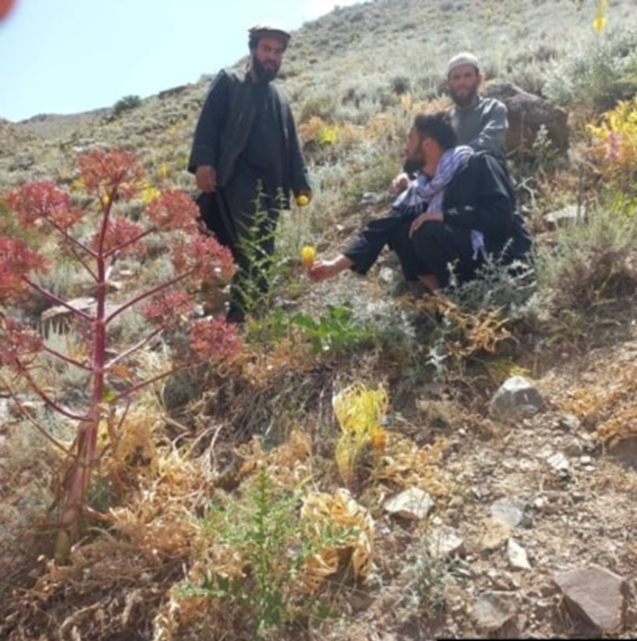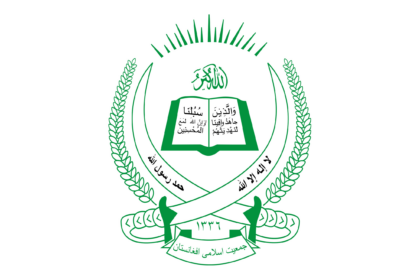RASC News Agency: Local sources in Daykundi province report that Taliban commanders, in collaboration with Chinese nationals, have initiated large-scale harvesting of the sap of a medicinal plant locally known as “Hoshi” or “Gandali” across several districts, including Miramur. In recent weeks, multiple Chinese citizens, accompanied by Taliban fighters, have been observed extracting the sap from mountain slopes and rural areas, monopolizing a resource that has traditionally been vital to local livelihoods. For generations, communities in Daykundi have relied on this plant as winter fodder for livestock. This year, however, the Taliban have banned residents from collecting it, using threats, harassment, and coercion to seize control for themselves and their Chinese collaborators. Local residents warn that this exploitation not only destroys the plant but also disrupts the fragile ecological balance of the region, endangering biodiversity and the long-term sustainability of local agriculture.
Experts emphasize that the Taliban operate under the assumption that all resources in Afghanistan belong to them. Everything with economic value from mineral deposits and medicinal plants to agricultural produce has been forcibly extracted from local populations, converted into a revenue stream that sustains the regime’s power while impoverishing communities. Meanwhile, China’s economic influence in Afghanistan has expanded dramatically under Taliban rule. Chinese actors now partner with the Taliban across multiple sectors, from copper and lithium mines to medicinal plant harvesting, extracting resources for their own profit while indirectly funding the regime. Economic analysts warn that these arrangements have a dual effect: they provide the Taliban with immediate financial gain while further deepening Afghanistan’s economic dependence on foreign powers, eroding national sovereignty and entrenching exploitative economic patterns.
Environmental and social experts stress that the continuation of such practices poses an existential threat to local communities. The indiscriminate extraction of natural resources under Taliban oversight jeopardizes both the livelihoods of indigenous populations and the ecological integrity of the region. Far from being an isolated incident, the Daykundi case exemplifies a systematic pattern of environmental plunder and social exploitation that has emerged under the Taliban’s rule. Observers note that the regime’s economic policies are inseparable from its broader strategy of control: consolidating authority through fear, enriching the leadership at the expense of ordinary citizens, and weakening civil society’s ability to resist exploitation. By aligning with foreign actors for resource extraction, the Taliban not only exacerbate economic inequality but also embed a cycle of dependency that threatens Afghanistan’s long-term development, sovereignty, and environmental resilience.
In conclusion, the plunder of Daykundi’s natural resources is symptomatic of the Taliban’s wider governance failures. The regime’s collaboration with foreign entities like Chinese businesses demonstrates a willingness to exploit both the country and its people for financial gain, while systematically undermining local livelihoods, cultural practices, and ecological sustainability. Without accountability or international oversight, such practices are poised to inflict long-term harm on Afghanistan’s economy, environment, and social fabric.






